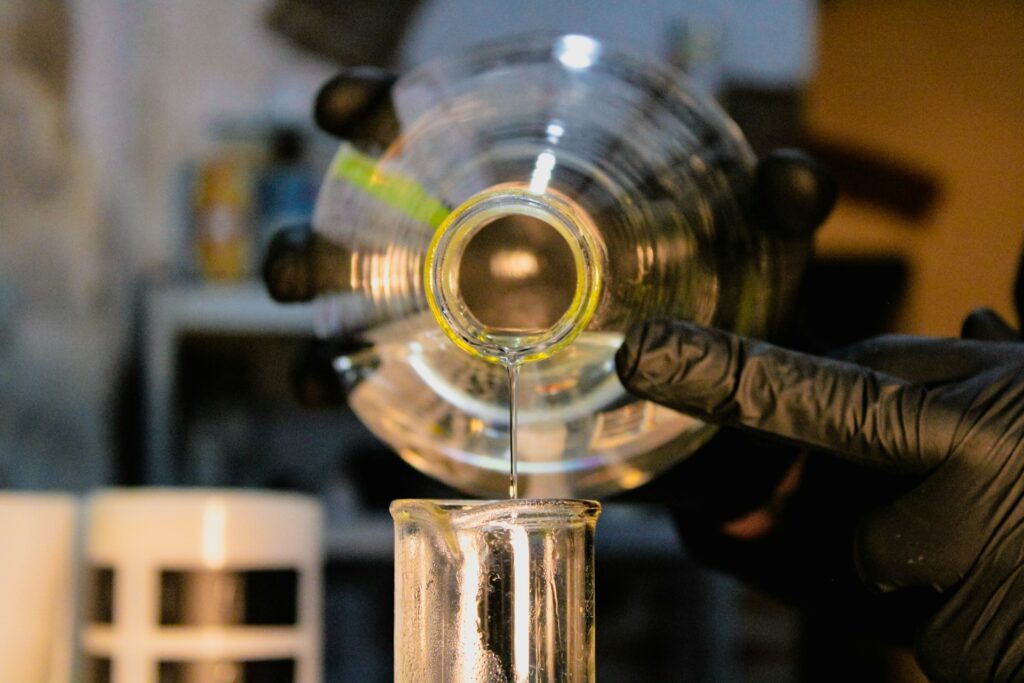Recently, a study by Professor Mathias Christmann of Freie Universität Berlin has put a sharp focus on the accuracy of mass measurements in chemical research. Christmann used a Python script powered by AI to analyse more than 3,000 scientific papers published on Organic Letters over the last two years. Analysis of his results showed only 40 percent of the papers produced error free mass measurement data, adding a conversation about AI’s place in maintaining scientific integrity.
AI and the Future of Data Analysis in Chemistry
This analysis was done using a Python script developed with assistance of modern AI language models, showing how easy these tools have become. Research on large language models (such as ChatGPT, OpenAI; Gemini, Google; Claude, Anthropic) allows researchers without programming superpowers to write scripts which can analyse huge and diverse datasets. In this case, the AI identified miscalculations and inconsistencies in reported mass data, uncovering systematic errors that may have previously gone unnoticed.
“These results showcase how AI can be a transformative tool in everyday research,” said Christmann. “It not only simplifies complex analyses but also improves the reliability of scientific data.”
Systematic Errors and Ethical Concerns
As stated in the study published in Organic Letters, “What I Learned from Analysing Accurate Mass Data of 3000 Supporting Information Files“, it found mistakes where measured mass values appeared to be corroborated by incomparable supporting data. These discrepancies raise concerns about the possibility of fabricated measurements, highlighting the need for robust error-checking mechanisms in scientific publishing.
“These observations raise the question of whether some measurements may have been fabricated,”
Emphasised Christmann, raising an important point, that AI serves as a quality control tool in research. These tools automate the detection of errors to maintain standards of scientific rigour and prevent the dissemination of inaccurate or misleading results.
Christmann’s work has implications beyond research to education. Freie Universität Berlin’s Department of Biology, Chemistry and Pharmacy will incorporate tools where AI is involved in its curriculum. These initiatives aim to equip students with advanced data analysis skills and foster critical thinking.
“AI tools will play a crucial role in preparing students for the challenges of modern research,” Christmann stated.
This study underscores the transformative potential of AI in the scientific community. AI tools may improve the credibility of research by identifying errors and inconsistencies, which in turn strengthen the data and allow published data to withstand scrutiny. As AI continues to evolve, its integration into research workflows and educational programs is set to become a cornerstone of scientific progress.

Hassan graduated with a Master’s degree in Chemical Engineering from the University of Chester (UK). He currently works as a design engineering consultant for one of the largest engineering firms in the world along with being an associate member of the Institute of Chemical Engineers (IChemE).



